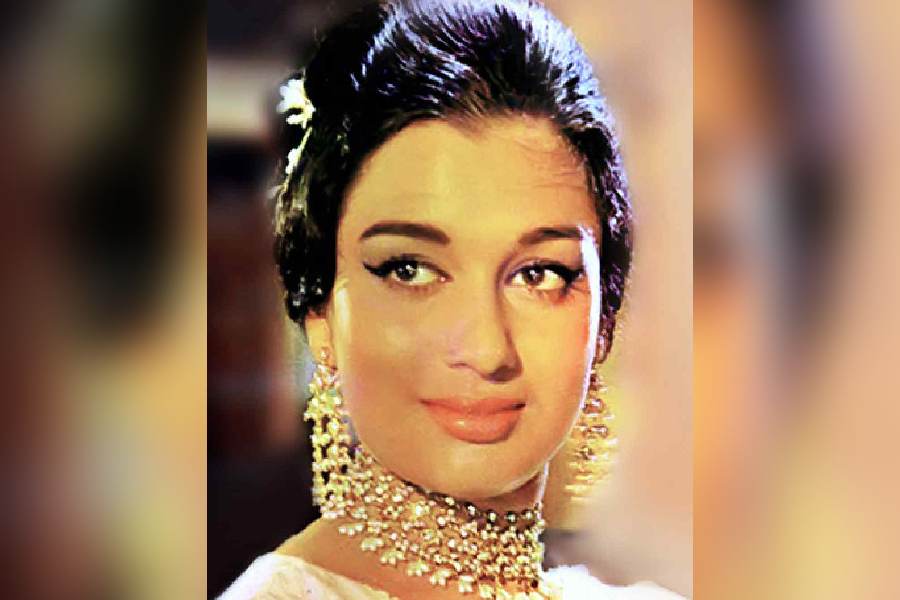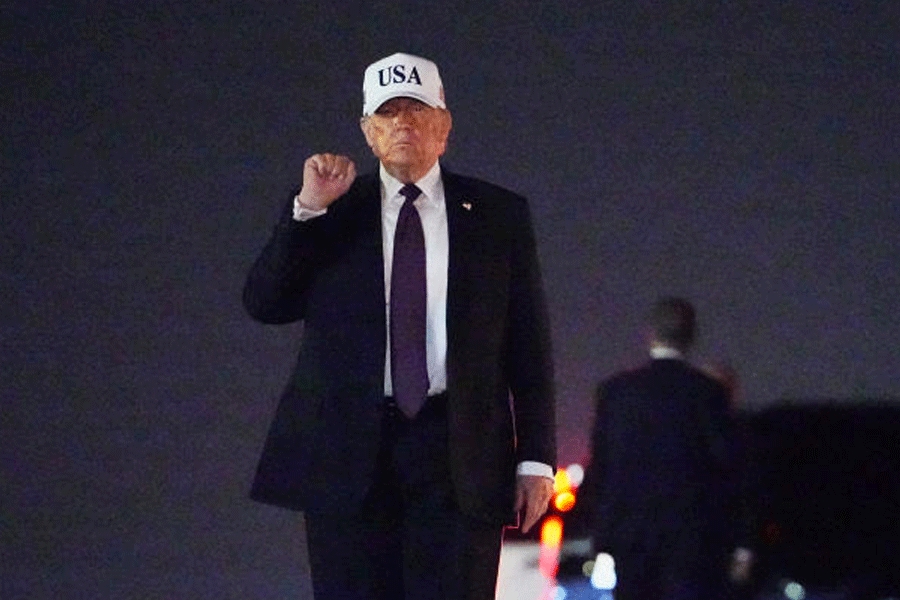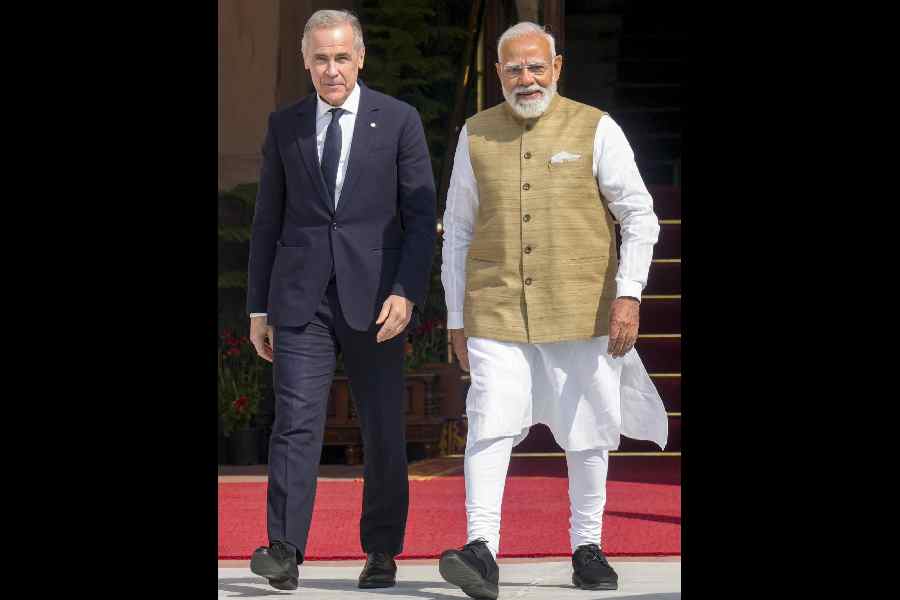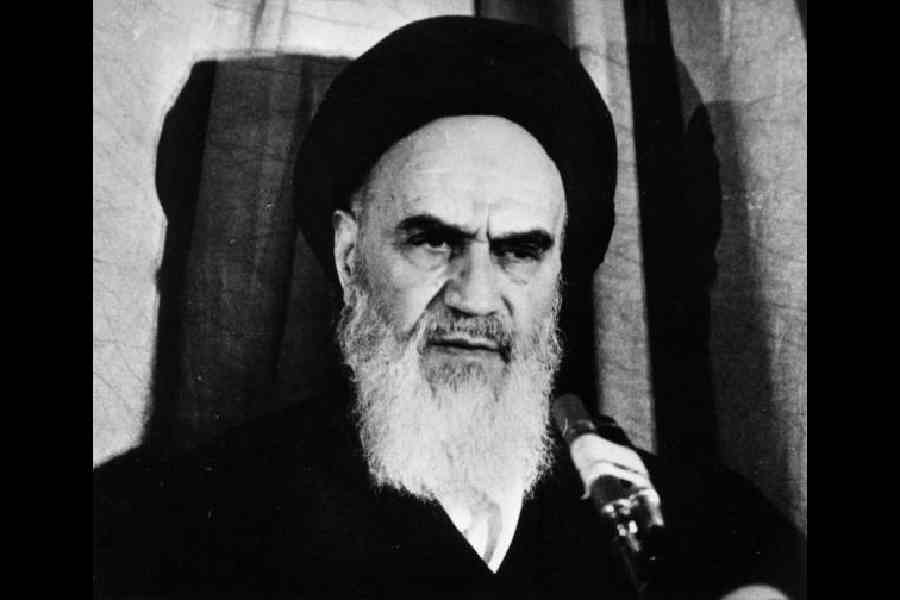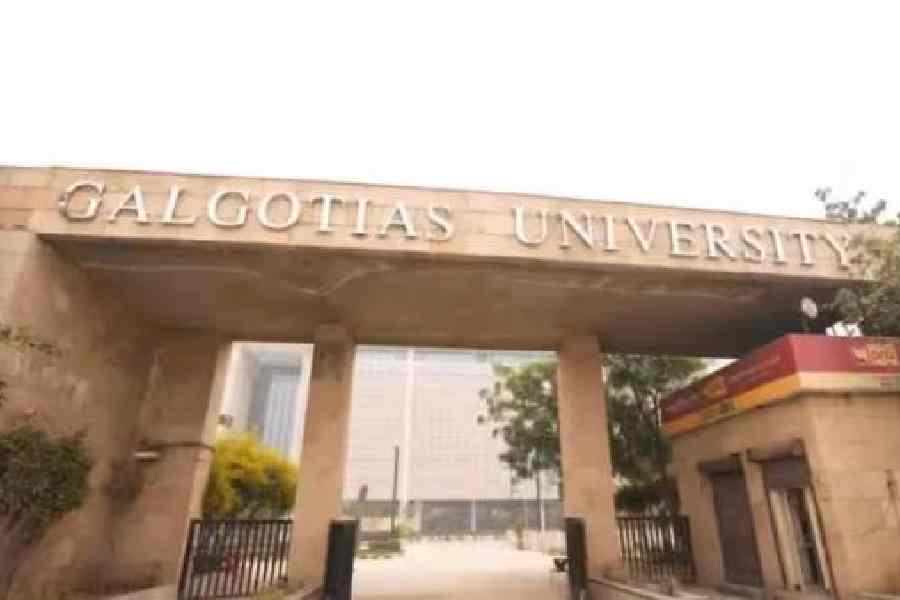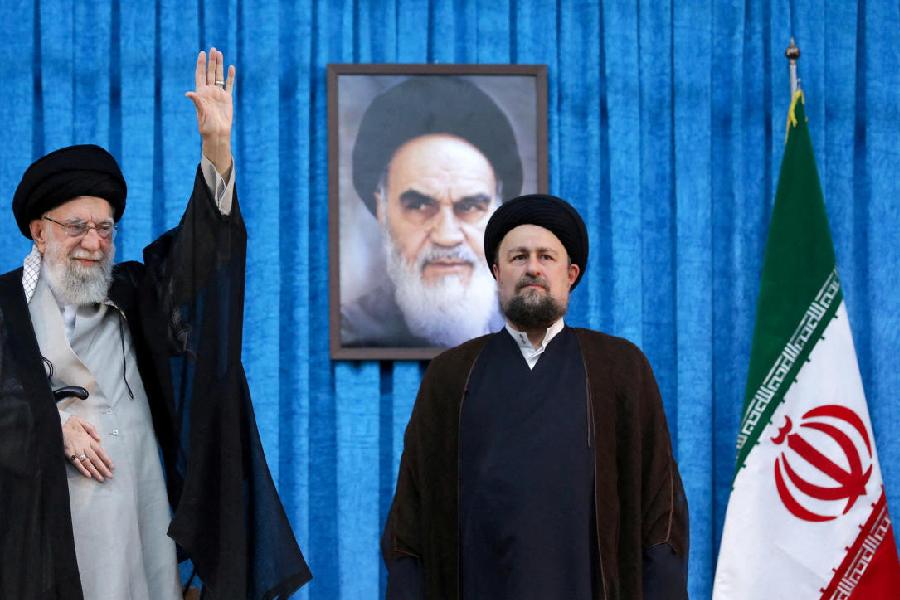Veteran actor Asha Parekh on Saturday credited the late writer-filmmaker, Raj Khosla, with recognising her potential beyond the "glam girl" image by offering her "Do Badan", a film that changed the trajectory of her career.
At a retrospective event to mark Khosla's 100th birth anniversary, Parekh said the filmmaker's decision to cast her in the 1966 drama came as a surprise to her as it went against the industry's perception of her.
"Everyone in the industry thought I was just a glam girl, a dancing girl and that I am not a good actress. I do not know what Raj ji had in mind when he came to me and offered me 'Do Badan'. The critics wrote good things about me and my work in the film. It gave me confidence to do more such films," Parekh said at a panel discussion.
"Do Badan" tells the story of two lovers -- Asha (Parekh), a wealthy young woman, and Vikas (Manoj Kumar), an orphan -- whose romance takes a tragic turn due to a series of unforeseen events. The film, which became a box-office hit on its release, also featured Simi Garewal and Pran in pivotal roles.
The Dadasaheb Phalke award winner revealed that initially, her contemporary, Rakhee, was supposed to star in the film.
"I remember, Raj ji called me and said, 'I want to talk to you'. I said, 'okay'. He came home and narrated the story. After the narration, I told him to promise me to make the film as it is. It was a beautifully-written film. It was poetic. I remember, women would cry watching the film," Parekh said.
The actor also shared that she had suggested a different climax to Khosla for "Do Badan", one where only her character would die. However, after further discussions, Kumar convinced the director to go with a more tragic ending in which both lovers meet their fate.
"He would say what he wanted but leave the artists to emote the way they want," Parekh said about their collaborative process. After "Do Badan", the two also collaborated in "Chirag" (1969), "Mera Gaon Mera Desh" (1971) and "Main Tulsi Tere Aangan Ki" (1978).
Filmmaker Mahesh Bhatt was also part of the panel discussion along with Amborish Roychoudhury, the author of "Raj Khosla: The Authorised Biography", and Khosla's daughter, Anita.
Shivendra Singh Dungarpur, director of the Film Heritage Foundation (FHF), moderated the panel discussion.
Khosla gave Hindi cinema some of its most memorable songs like "Lag Jaa Gale", "Mera Saaya", "Jhumka Gira Re", "Kahin Pe Nigaahen Kahin Pe Nishaana", "Yeh Hai Bombay Meri Jaan", "Nazar Lagi Raja Tore Bangle Par", "Hai Apna Dil To Awara" and many more.
Parekh said she loved the way Khosla shot the song sequences in his movies.
"When you work in four films, the whole unit becomes like a family.... Raj ji came from the Guru Dutt school, there was a little bit of Guru Dutt ji that he had while doing (songs)," she said.
The daylong retrospective, titled "Raj Khosla 100 -- Bambai Ka Babu", was curated by the FHF at the Regal Cinema in south Mumbai.
As part of the celebrations, three of Khosla's acclaimed films -- "CID" (1956), "Bambai Ka Babu" (1960) and "Mera Gaon Mera Desh" -- were screened.
The first two films have been restored in 4K resolution by the National Film Development Corporation (NFDC) and National Film Archive of India (NFAI) under the National Film Heritage Mission, an initiative of the Ministry of Information and Broadcasting.
Parekh said re-watching "Mera Gaon Mera Desh" brought back fresh memories.
"It did bring back fresh memories. I had the most fun working with him. I wish I could see the entire film, but I had to leave," the veteran actor told PTI.
"It was a film that was different from the films I was doing. It had beautiful songs. Laxmi Chayya had a better role than I, but despite that, I stood my ground," she added.
Earlier in the day, actor Raima Sen introduced "Bambai Ka Babu", which featured her late grandmother, Suchitra Sen, opposite Dev Anand.
Sen said she is glad that these classic films are being reintroduced and thanked the FHF for taking the initiative to commemorate Khosla's work.
"I am excited to introduce this film, which is my favourite film. For her (Suchitra Sen), to take up this subject was a very bold move because it was not conventional and she was a star.
"So to do an unusual film story of a brother and a sister, who till the end do not know that they are brother and sister, and the romance between the two, I think the film was way ahead of its time," Sen said.
Except for the headline, this story has not been edited by The Telegraph Online staff and has been published from a syndicated feed.

